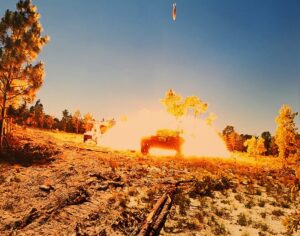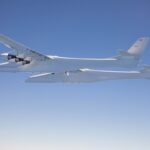
Army Lt. Gen. Michael Kurilla, the commander of the XVIII Airborne Corps and the Biden administration's nominee to head U.S. Central Command (CENTCOM), wants to use artificial intelligene (AI) to improve targeting in the CENTCOM area of responsibility. Before Kurilla's nomination hearing on Feb. 8, in response to a policy question from the Senate Armed Services Committee on what the U.S. and other countries could do to counter Iran's conventional military might, Kurilla wrote that "we must continue investing in…














